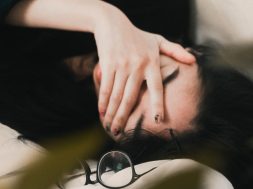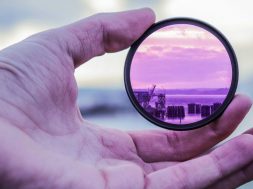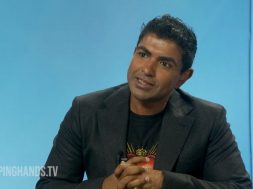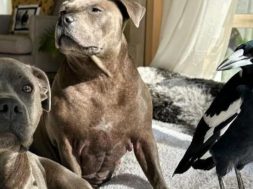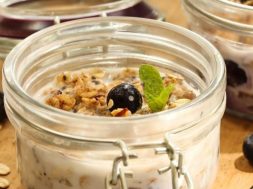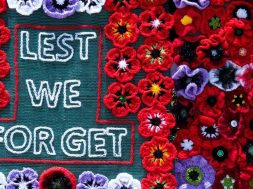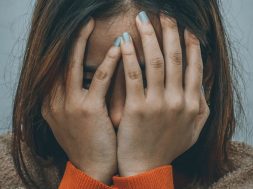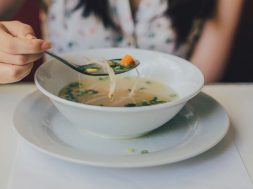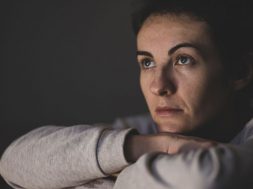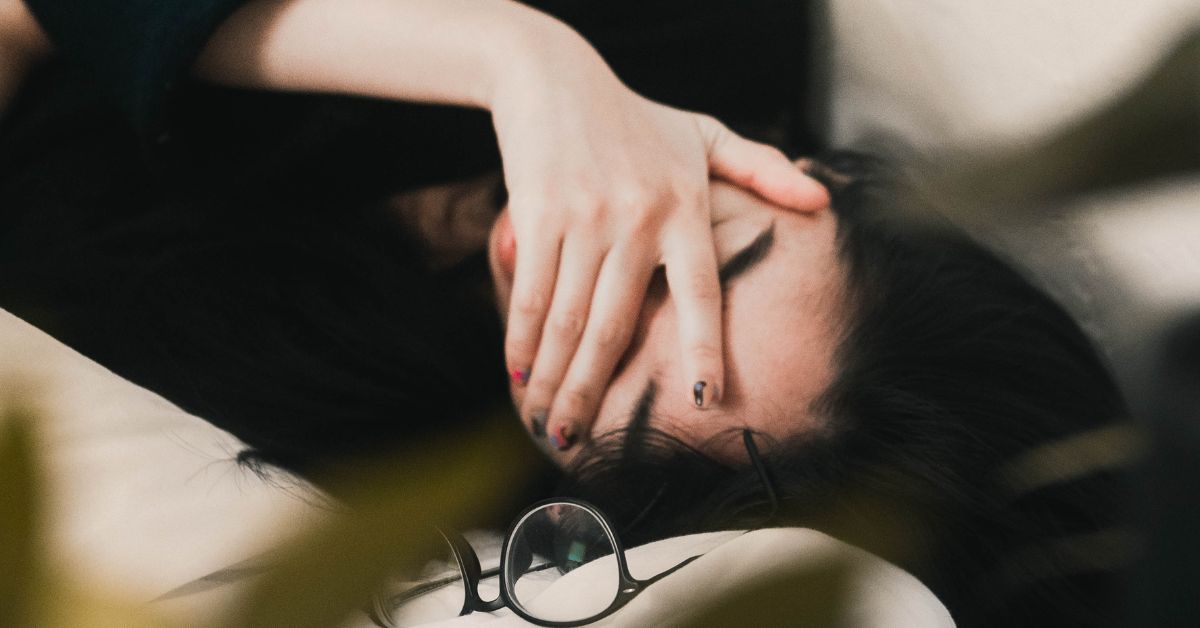
By: Kelli Kieselbach
With the recent pandemic it is estimated that up to one third of people who test positive for the spicy cough will experience ongoing symptoms for months and sometimes years after their acute infection.
Unrelenting fatigue is by far the most common. Chronic fatigue can occur after any infection however there are some viruses that have earned a reputation for this. Glandular fever (Epstein Barr Virus), Ross River virus, influenza viruses and of course our new favourite SARS-CoV19 are all common culprits.
The biological impact of viruses on our human health is complex and there is still much to learn however there are few things we do know about why we might feel such extreme ongoing fatigue after infection.
Mitochondrial Damage
Viruses can alter the internal workings of the mitochondria to allow them to replicate more efficiently. This can cause damage to the mitochondria resulting in a reduction of ATP (energy) production, increased oxidative stress (free radicals) and increased cell death. When mitochondria are impaired by viral damage our capacity to produce energy is significantly reduced.
Chronic Low-Grade Inflammation
The invasion of a virus triggers the release of several pro-inflammatory cytokines (chemicals that promote inflammation). This response can continue some time past infection and higher levels of certain inflammatory chemicals have been observed in patients with post-infectious chronic fatigue syndrome (ME/CFS) and long COVID. When the inflammatory process doesn’t resolve the way it should, ongoing chronic inflammation can result and this is thought to play a role in ongoing post-viral symptoms.
Alterations to Immune Function
Some viruses have been shown to alter the function of some immune cells, particularly natural killer cells and T cells which may then lead to a weakened immune response. An altered immune response may contribute to failed clearance of the virus leaving people vulnerable to ongoing reactivation of the virus, or reactivation of other viruses such as Epstein Barr virus as has been observed in some cases of Long COVID. Failure to clear the virus may also mean that viruses can ‘hide out’ in body tissues, avoiding detection in the blood. This is often referred to as viral reservoirs.
A Naturopathic Approach
A naturopathic approach to treatment for post-viral fatigue addresses the above mechanisms by targeting following areas.
- Ensuring optimal supply of nutrients required for ATP (energy) production in the mitochondria.
- Herbal medicines to assist clearance of viruses and improve immune cell function.
- Dietary and lifestyle recommendations to reduce inflammation.
- Increasing dietary and supplemental intake of antioxidants to protect the mitochondrial from viral damage.
- Strategies to reduce stress to limit viral reactivation. Being stressed out physically or emotionally enables viruses to replicate much more easily.
- Addressing any other contributing factors that are unique to the individual. This might include promoting a healthy microbiome, improving detoxification pathways, or correcting nutrient deficiencies.
What You Can Do
Do not underestimate the basics! This stuff is the foundation of our health and being intentional about following the guidelines below does make a difference.
Here are my top tips for recovering from viral infection. It can be a long road but persistent, yet cautious strategies can go a long way in helping your body heal.
Rest and resist the urge to push through!
It might sound silly to say, but this is no. 1! You will need to rest much more than normal. As frustrating as this is it is important to resist the temptation to push yourself to do all the things you normally do. This may mean prioritising your commitments and letting go of some things for the time being. You also will need to be very strategic about when you rest, spacing activities apart, being one step ahead of your body so you don’t overdo it. This is often referred to as pacing.
Manage stress by doing activities that relax and reset
Love on your nervous system! Viral replication increases when you are stressed and your immune system becomes less resilient. Engage in activities that help with relaxation and regulation of your nervous system. This might include options such as being in nature, playing with a pet, deep breathing exercises, mindfulness, drinking herbal teas which nourish the nervous system or perhaps strategies like massage, meditation, hot and cold therapy, music, colouring and so on.
Eat an anti-inflammatory diet & avoid processed/sugary foods
Combating the extra inflammation that’s going on in your body is key. Include lots of anti-inflammatory fats like olive oil, nuts and seeds, oily fish and avocado along with spices like turmeric, ginger and cumin. Avoid highly processed and sugar laden foods and consume dairy and red meat in moderation.
Avoid alcohol and excessive caffeine
Alcohol is highly inflammatory and no good for your gut health. Aim to avoid it while you’re recovering. Limit caffeine to avoid pushing your nervous system to hard. Both alcohol and caffeine can reduce sleep quality as well so limiting these will promote a better sleep which will be crucial to recovery. This is especially important if you find you’ve had post viral sleep issues.
Ease into movement
Movement is important however easing into it and building up slowly is so important. Start with gentle stretching, moving onto gentle short walks and build up from this. For this one, I always recommend engaging the help of a physiotherapist or exercise physiologist who is knowledgeable in this area. They can be a huge support and encouragement and guide you to build up within your individual capacity.
Eat foods that nourish the gut & consider a prebiotic or probiotic
Actively supporting your gut health can help with recovery as we seek to rebalance the disruptions that occur in the microbiome (your intestinal bacteria) during viral illness. A healthy gut is also paramount to a healthy immune system and reduced inflammation. You can start by including prebiotic rich foods (foods which feed beneficial bacteria) in the diet. These include things like kiwifruit, apples, onions, leeks, asparagus, green bananas, avocado, sweet potato, lentils, barley and oats to name a few.
Prebiotic and probiotic supplements may be helpful for some however it is important to know what you’re doing when choosing a product. There are many prebiotic and probiotic supplements on the market all varying in quality, dose and bacteria strain which are important considerations for your individual circumstance. Make sure you discuss this with a Naturopath or Nutritionist who is experienced in post-viral issues.
Talk to your Naturopath about nutrients and herbal medicines
There are several nutrients and herbal medicines that have anti-viral and anti-inflammatory properties. Beyond this many can also address gut health, support a healthy stress response, improve blood vessel health (important in long COVID) and support a healthy mood. The right therapeutic prescription can be really beneficial in supporting your body’s own healing processes to promote recovery. Your unique circumstance will determine the best prescriptions for you, so it is highly recommended that you work with a knowledgeable practitioner.
Ongoing fatigue and other symptoms after a virus can be highly distressing however there are things you can do to help promote recovery and improve quality of life. To discuss how nutrition or naturopathic strategies apply in your individual situation don’t hesitate to book a free no obligation phone appointment. I’d love to help you get back to doing the things you love.
Article supplied with thanks to Kelli Kieselbach.
About the Author: Kelli Kieselbach is a Naturopath and Nutritionist with a passion for a holistic and natural approach to health and wellbeing. She also works to educate Christian ministry leaders in self care and avoiding burnout.
Feature image: Photo by Ephraim Mayrena on Unsplash
